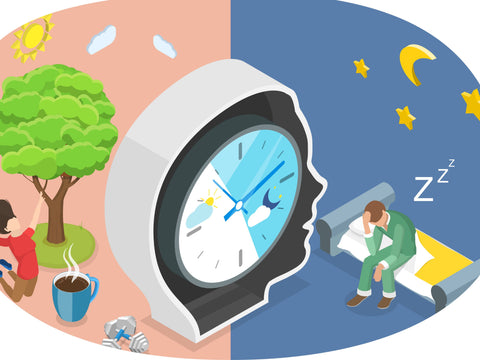Music is a powerful force that has the ability to affect us in countless ways. From evoking emotions to sparking memories, music has a way of connecting to us on a deeply personal level. But beyond its emotional impact, have you ever wondered what music does to you physically?
Physiologically, music has been proven to have numerous physical effects on the body. One of the most noticeable effects is the stimulation of the brain. When we listen to music, our brains light up with activity. Studies have shown that music engages multiple areas of the brain, including those responsible for memory, attention, and emotion. This engagement can enhance cognitive abilities, improve focus, and even lead to better academic performance.
Another physical effect music has on us is its ability to alter our heart rate and blood pressure. Research has discovered that slow-tempo music tends to slow down our heart rate, inducing a sense of relaxation and calmness. On the other hand, fast-paced music can increase heart rate and stimulate adrenaline production, promoting alertness and energy. This response is thought to be reminiscent of our ancestors' survival instincts, where rhythmic sounds used to convey danger or heightened awareness.
Beyond the heart, music can also impact our respiratory system. Breathing patterns, especially in more calming melodies, tend to synchronize with the rhythm of the music. This synchronization can lead to slower and more intentional breathing, which helps reduce stress and induces a state of relaxation. Moreover, breathing in harmony with the music can enhance lung capacity and improve respiratory function.
Music also influences the release of various hormones in the body. Multiple studies have found that listening to music can trigger the production of dopamine, a neurotransmitter associated with pleasure, motivation, and reward. This release of dopamine creates a sense of joy and happiness that can lift our mood and alleviate stress. Similarly, music has been found to stimulate the release of endorphins, which are natural painkillers that promote feelings of well-being and relaxation.
Additionally, music can play a significant role in our physical health. It has been observed that listening to music during exercise can enhance performance and endurance. The rhythm and beat of music provide a natural metronome to synchronize movements, making physical activities more efficient. Furthermore, studies have found that music can reduce perceived exertion, meaning it can make us feel like efforts during physical exertion are less strenuous than they actually are. This can lead to increased motivation and, ultimately, improved exercise outcomes.
Music not only moves us emotionally but also has a profound impact on our physical well-being. From stimulating brain activity to affecting heart rate, breathing patterns, hormone release, and even exercise performance, music's physical influence cannot be underestimated. So the next time you find yourself captivated by a song, take a moment to appreciate the physical symphony happening within your body as well.
Article By: Heather Campa, Wyoming Wildflower



